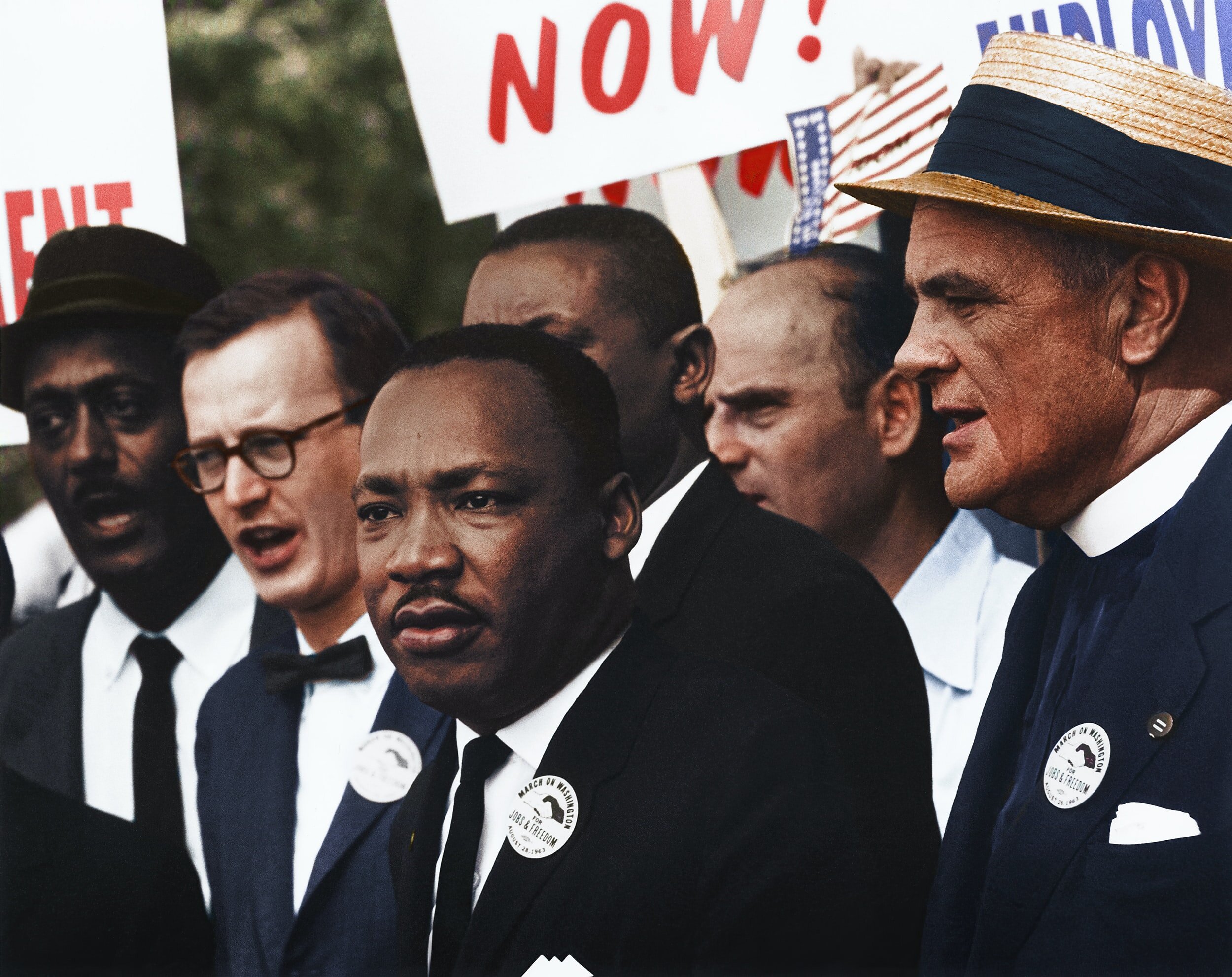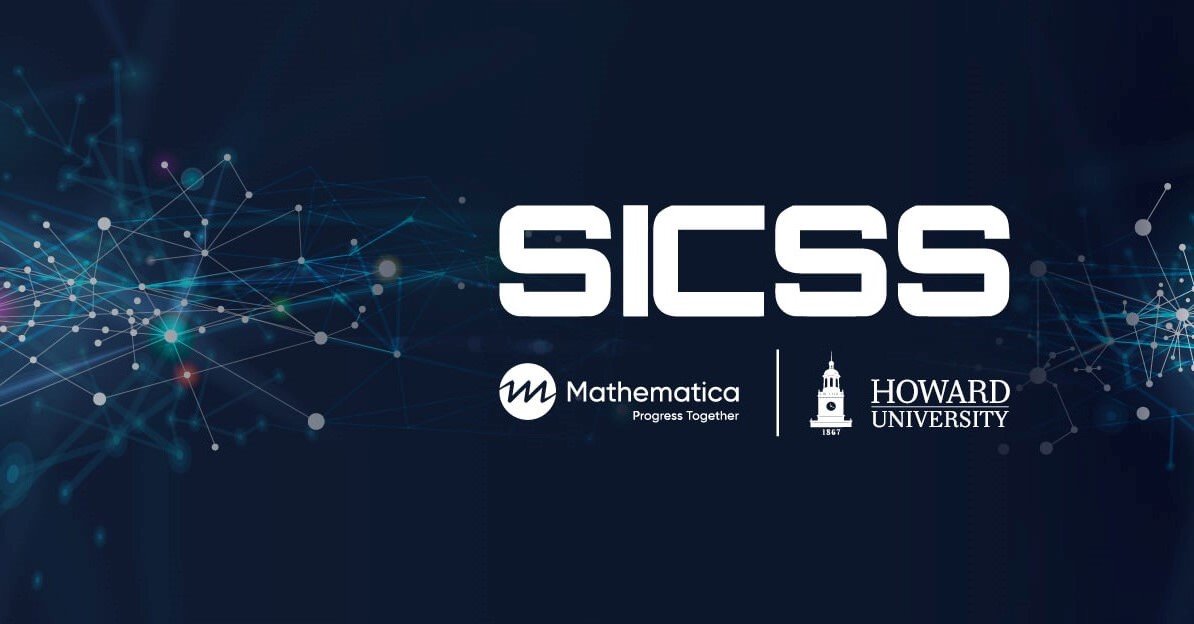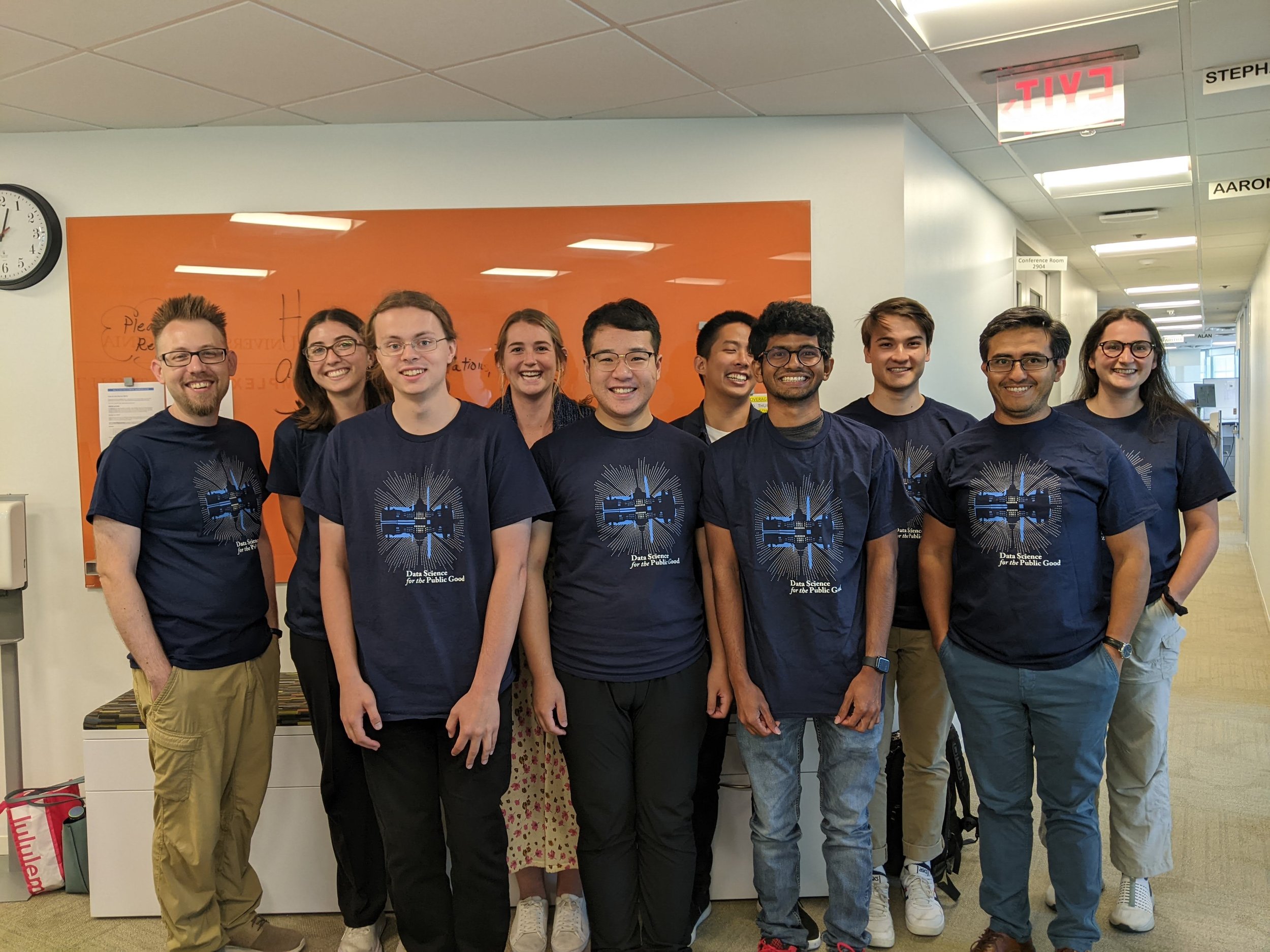Digital Inequalities and the Online Researcher
By Janet Salmons, PhD Research Community Manager for Sage Methodspace
For those of us who have broadband access and are always on, it can seem hard to believe that the digital divide still exists.
In this interview with Dr. Ellen Helsper, you will learn why having an understanding of digital inequalities is important for researchers. Learn more from her excellent book, The Digital Disconnect: The Social Causes and Consequences of Digital Inequalities, Dr. Helsper's website, and these resources:
ySkills Youth Skills and Wellbeing project
More Methodspace Posts about Equity and Inclusion
Deaf scholars are flipping the script in academic publishing—highlighting the power of signed languages, challenging outdated views, and creating space for real representation through the Society of American Sign Language Journal.
Access new webinar on conducting research with historically marginalized communities, featuring Dr. Shotonda S. Jones (St. Bonaventure University) and Dr. Shantoyia (Toy) Jones (Xavier University of Louisiana).
Decolonizing research methods means rethinking how we look at participants and problems. In the digital world there are even more ways the European West exerts cultural, economic, and political control. At the same time, the digital world allows researchers to conduct studies across the distances.
Co-authors share about a topic of decolonial research, privilege, and ethics. They write this piece in two parts, narrating their understanding of the experience and how it relates to power hierarchies and researcher responsibility.
Chart research directions that take you to the roots of the problem. Learn more in this guest post from Dr. Donna Mertens.
These difficult times present challenges for researchers. Find five original posts by Robert Kozinets about using Netnography to study sensitive topics.
This year we need to honor Martin Luther King's legacy with both reflection and action! In this post, find links to lots of original source materials, including documents and recordings.
Caroline Lenette offered a keynote address at the International Creative Research Methods conference, September 2023. See the address and learn about the 2024 conference here.
Safary Wa-Mbaleka, Arceli Rosario, and Anna Cohen Miller discussed opportunities and challenges for global researchers and academic writers in this roundtable discussion.
Learn about disseminating research with an equity lens in this guest post from the CTE Research Network Equity Working Group.
Given the difficulties that emerged with the global Covid pandemic, the European Commission funded the PREPARED project. The aim of the project is to develop an ethics and integrity framework to guide researchers working to prevent and address large-scale crises. Find meeting reports, recordings, and related posts.
The Career and Technical Education (CTE) Equity Framework approach draws high-level insights from this body of work to inform equity in data analysis that can apply to groups of people who may face systemic barriers to CTE participation. Learn more in this two-part post!
The Career and Technical Education (CTE) Equity Framework approach draws high-level insights from this body of work to inform equity in data analysis that can apply to groups of people who may face systemic barriers to CTE participation. This is part 2, find the link to part 1 and previous posts about the Equity Framework.
Some of us feel that technology is everywhere, but that is not the case for everyone. Inequalities persist. What do these disparities mean for researchers?
Experienced global researchers Safary Wa-Mbaleka and Anna Cohen Miller discuss social justice and qualitative research.
In this roundtable discussion moderated by Janet Salmons, Research Community Manager for Sage Methodspace, Marc Spooner (Canada), Nicole Brown and Áine McAllister (UK), Natalia Reinoso Chavez (Colombia) and Consuelo Chapela (Mexico) discuss constraints on academic freedom and recommendations for researchers.
Why does identity matter in the methods classroom?
How to look at data collection using an Equity Framework for CTE Research, which provides principles and practices for researchers on equity questions, designs, and implications throughout the research process.
Find a multidisciplinary collection of scholarly and historical articles about Juneteenth.
The first Summer Institute in Computational Social Science held at a Historically Black College or University, returns to Howard University for its two-day pre-institute, Praxis to Power for graduate students, postdoctoral researchers, and beginning faculty who needed more time to practice computational methods.
We can’t go back and change the past, but we can choose how we move forward. Find a collection of Methodspace posts, articles, webinar recordings and interviews.
The goals for this collaborative feminist research project were to bring together scholars who had critical methodological lenses, focusing our study through a collaborative feminist methodological lens to explore and address gender-based inequities in higher education institutions. Find the open-access book and toolkit the co-authors created.
Decolonisation is not a peripheral but central concern to social research for change. Learn more from Caroline Lenette, author of Participatory Action Research: Ethics and Decolonization.
In this Methodspace interview Dr. Joel Thurston and Dr. Cesar Montalvo tell us about how data science can be used for social good, and how their program for young scholars is cultivating a next generation of data scientists.
For researchers interested in incorporating equity into their work, it all starts at the very beginning with designing the study. Learn more in this guest post!
It seems more important than ever to know how and where to access materials on women’s/gender studies, since they may not be available as course readings or in libraries. Find links to some open-access archives.
In this collection of open-access articles, researchers consider ways Critical Race Theory can be used to frame studies that look at the intersection of race and other societal, cultural, economic, and or political factors.
The Equity Working Group of the CTE Research Network (CTERN) has published a new framework for any researcher in social or education fields on using an equity lens to do their research. Find a link to The Equity Framework for CTE Research and information about a free webinar.
The new open-access Protests Against Racism Web Archive from the Library of Congress contains a selection of websites documenting protests against racism and police brutality against Black people. Also find resources about using archival data in your research.




























Read this collection of multidisciplinary articles to explore epistemological questions in Indigenous research.